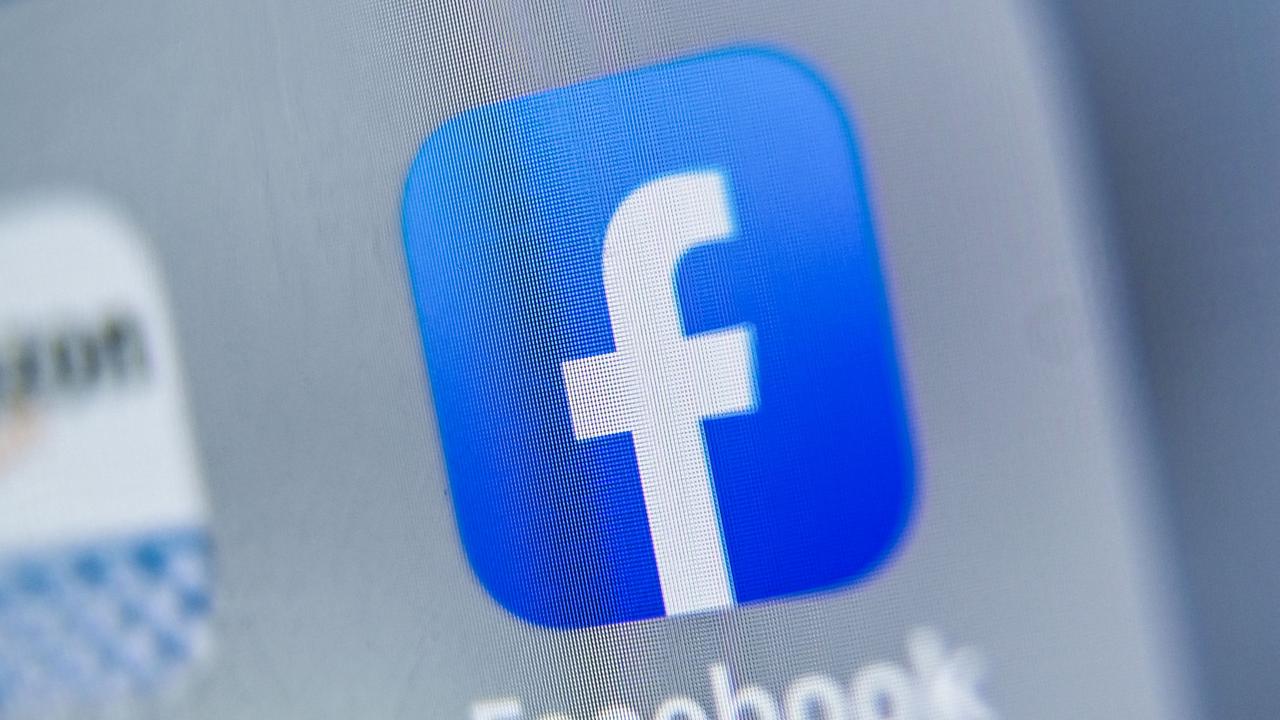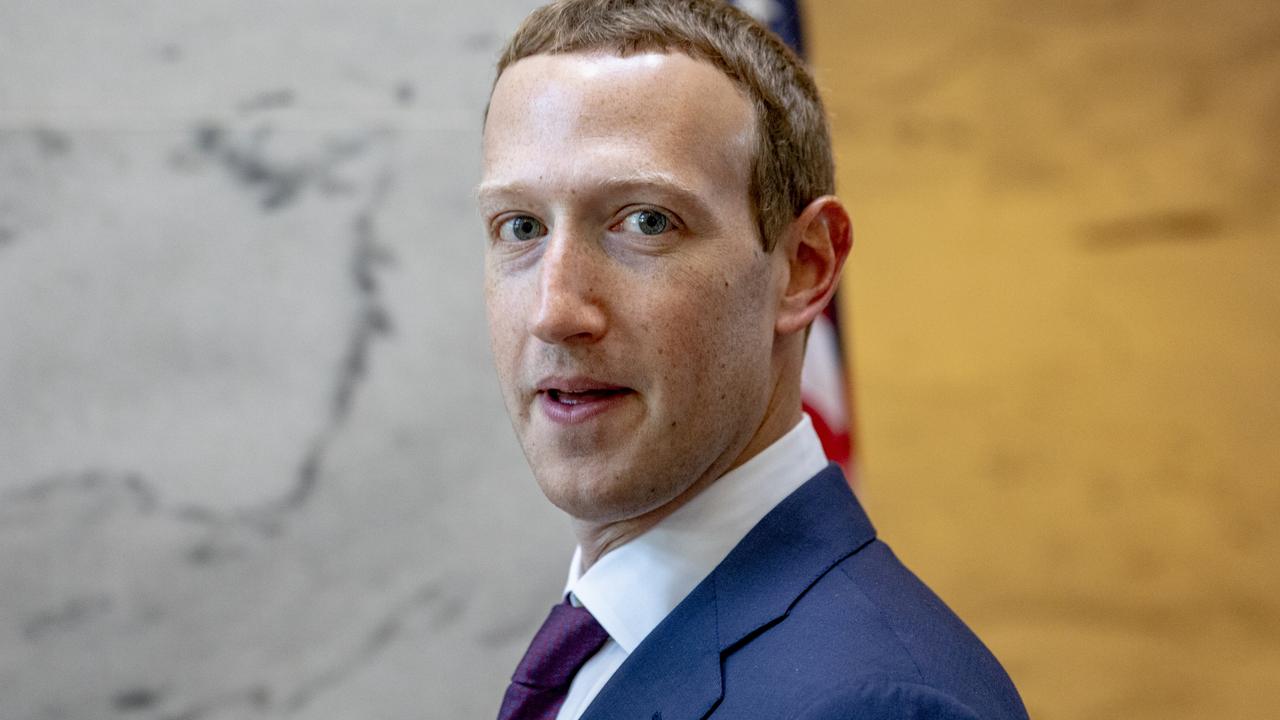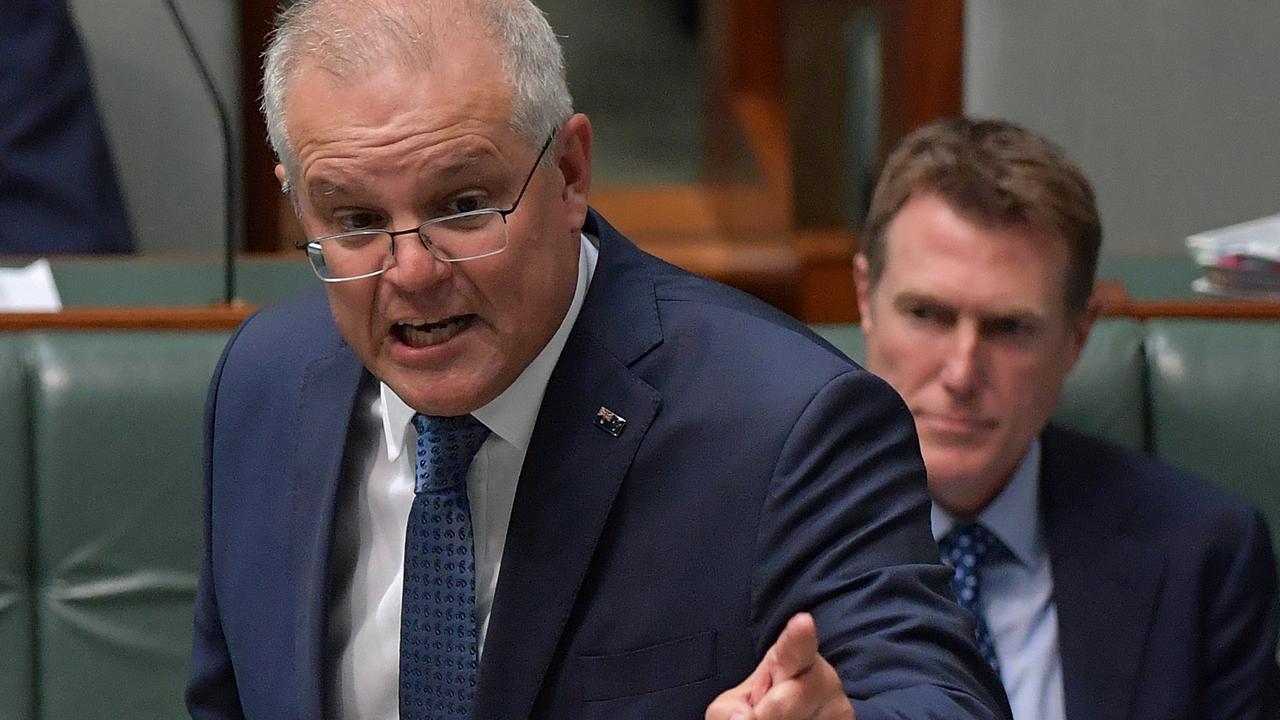Facebook ban in Australia: Real reason social media giant got rid of nation’s news
Facebook hit the nuclear option with devastating impacts for everyday Australians, but the social media giant’s move was never about us.
Facebook shocked the world today with its ban on news, but the social media giant’s choice to go nuclear is much more than a slap-down to Australian media.
The company took the unprecedented step this morning after the Morrison government pushed ahead with its plan to force it to pay news outlets for content accessed via their platforms.
As well as the ban on major news organisations, Australians are also prevented from accessing public safety pages, including state and territory health information, and the Bureau of Meteorology.
Although the move is clearly a retaliation against the government’s push, Australia’s eSafety Commissioner Julie Inman Grant told Q&A — in a special episode on Facebook — that this was not just about us.

RELATED: ‘Disgrace’: Facebook lashed for blocking COVID-19 info
She said that the real reason Facebook took such drastic and sudden measures is to show the world that it means business.
“They let Google take all the body blows and the shrapnel and went with the nuclear option without any warning,” she said.
“They deployed language, natural language processing systems that had glitches and then you ended up with this overblocking. So it shows how much market power that they have and what steps they’re willing to take.
“This isn’t just about Australia to them. This is about precedent. And the risk that it poses to them on a global scale if other governments follow suit.”
Facebook’s “nuclear option” has been heavily criticised for blocking crucial and official information from circulating on the platform — particularly given we are in the middle of a pandemic and bushfire season.
International security expert Lydia Khalil told the panel that it was clear Facebook wasn’t taking the welfare of its users into consideration when making such calls.
“Let’s not fool ourselves – the decisions that were made around the commercial code Facebook made, government made and media made were not based on the user and their needs,” she said.
“They were based on the commercial interests of the tech companies and the commercial interests of major media news organisations. And the user has been completely caught offguard and in the middle.”
She said Facebook’s dominance of the market came about because it wasn’t regulated.
RELATED: Why world has turned on Facebook
How much power and control does big tech have over public discourse? #QandA pic.twitter.com/0yM3zPAYQS
— QandA (@QandA) February 18, 2021
“We have gotten ourselves into a position where we have let a major commercial company that’s driven by profit motive especially be responsible for a huge part of our information infrastructure,” she said. “This is something that was caused by lack of regulation. It’s incumbent upon us to have done something about this.”
Although the move from Facebook will have devastating impacts for Australian media outlets — particularly some smaller, independent publications, which generate up to 90 per cent of their traffic through the social media site — she said there is now an exciting opportunity to fill the void.
“This is a really key moment for us,” she said. “I’m sorry to hear about the disruption for everybody but at the same time this has energised me to think we can now come up with creative solutions perhaps around a public infrastructure.”
Communications Minister Paul Fletcher told the Q&A panel that a big problem with companies like Facebook is that they became very powerful very quickly — which has led to a failure to tackle extreme content and misinformation.
RELATED: Why Aussies won’t accept Facebook ban

He said the crucial difference between Facebook and the mainstream media was that the latter was regulated and held to standards.
He also suggested that today’s move from Facebook shows the social media giant is not mature enough to deal with its position of power.
“If television stations, if anybody even suggested that they would broadcast a murder (referencing the New Zealand mosque shooting) occurring, that would have been unthinkable. A part of that is the responsibility and maturity of those businesses,” said Mr Fletcher.
“But you take an action like shutting down services which are used to provide vital health information or other information ... One of the things I was thinking about, I worked in the telco sector for a long time. There’s a strong culture in telco, in telecommunications that you keep the network up and connect people. That’s your mission and your job. And for a company that is supposed to be providing communications, to just turn big part of the network off today as Facebook has done, that would be I think unthinkable for telecommunications.”
The Prime Minister has slammed Facebook, declaring the social media giant’s response “arrogant”.

In a lengthy post published on the same social media platform he was scolding on Thursday night, Scott Morrison said a number of countries were concerned about the behaviour of BigTech companies.
“I am in regular contact with the leaders of other nations on these issues,” he wrote in the post.
“These actions will only confirm the concerns that an increasing number of countries are expressing about the behaviour of BigTech companies who think they are bigger than governments and that the rules should not apply to them.”
Mr Morrison said his government would not waver following the social media giant’s aggressive response as Parliament votes on the new media bargaining code.
“Just as we weren’t intimidated when Amazon threatened to leave the country and when Australia drew other nations together to combat the publishing of terrorist content on social media platforms,” he wrote in the post.
Health Minister Greg Hunt lashed Facebook as a “disgrace” for blocking dementia information sites and the Kids Cancer Project.
“We are profoundly shocked that they would take action that would affect health and appropriately related sites,” he said on Thursday.
“The fact that the Kids Cancer Project could be affected is frankly a disgrace. Facebook should fix it and they should address that immediately.”




